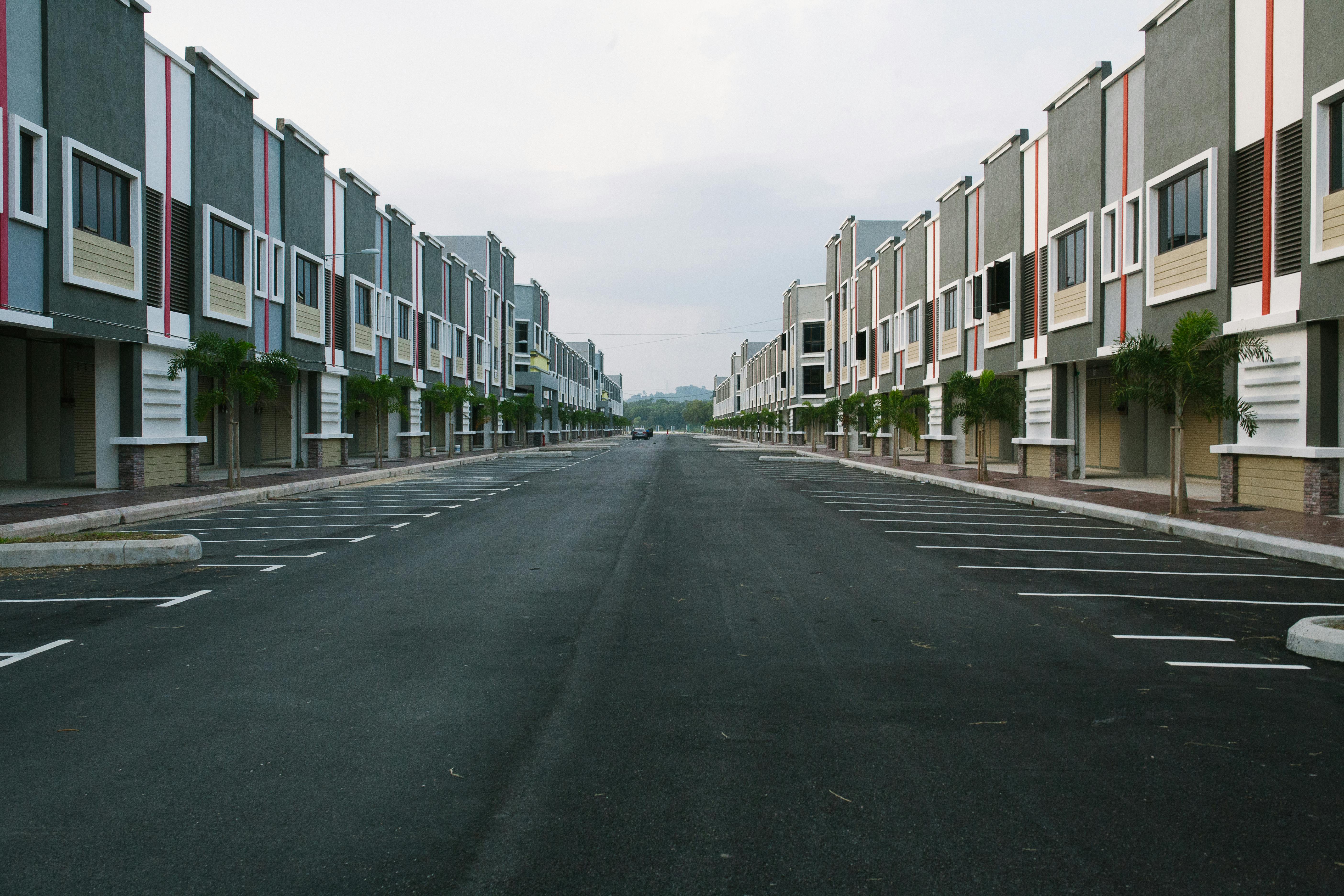For veterans and active duty service members, the VA’s guaranteed home loan program offers many advantages. These loans are designed to make home ownership available to anyone who is serving their country now or has done so in the past. Although some features of VA guaranteed loans are different from conventional loans, such as no down payment, other features, such as credit considerations, are similar to standard mortgage loans.
credit considerations
Like traditional home loans, VA-guaranteed loans require applicants to provide information about their credit history. VA mortgages do not require a minimum credit score, nor should a maximum debt ratio be considered. Instead, the VA encourages lenders to consider your overall credit profile when making loan decisions. Although the VA does not set a maximum amount for a loan, the amount covered by the guarantee is limited. In most parts of the country, loan amounts up to $417,000 do not require a down payment.
What is your credit score?
Generally, a credit score above 620 is in your favor. The credit score consumers see is not the same as what lenders have available. Depending on the loan criteria, you may have a different score, which may not be as favorable for your loan application. Lenders must also receive scores from two or three different credit bureaus, and your choice of score may put you below the minimum number of 620. If you have questions about your credit score, requesting pre-scoring or pre-approval will help you determine your chance of success in obtaining a VA-guaranteed loan.
Do you have Collections or Old Judgments in your File?
The VA Lender’s Manual recognizes that past collections or judgments on an applicant’s record may indicate that the individual may be a low risk for a loan. However, the size of the unpaid amount can influence whether the lender will approve a loan. Lenders generally have a cap on these debts, and if the amount exceeds their limit, the loan will be denied. If part of the unpaid debt is owed to the federal government, the loan will be denied. Setting up a payment plan to manage debt can often meet your requirements for loan approval.
Do you have a bankruptcy or foreclosure on your record?
A bankruptcy or foreclosure will cause the lender to impose a waiting period after the event before considering your home loan application. After a foreclosure or short sale, you will need to wait 24 to 36 months after the proceedings are complete. For a Chapter 7 bankruptcy, the waiting period is 24 to 36 months. For a Chapter 11 bankruptcy, the waiting period is from 12 to 36 months. The strength of your overall credit will factor into the amount of time you must wait to obtain a loan.
Is your income stable?
The lender will ask you to show that your current income is stable and sufficient to cover loan payments on a regular basis. They will calculate your ability to pay the mortgage amount plus ordinary living expenses. Some types of income will not be considered with respect to veterans home loans, such as part-time work that you have only done for a short period of time or alimony payments.
